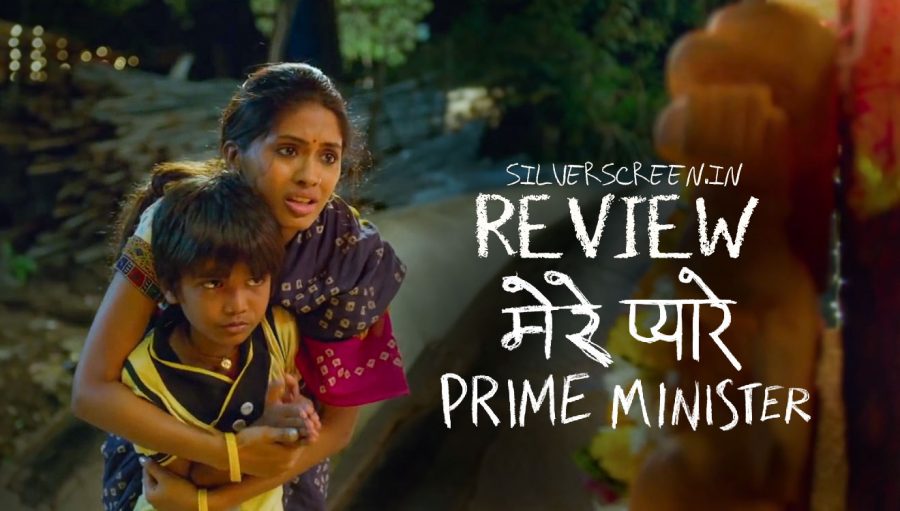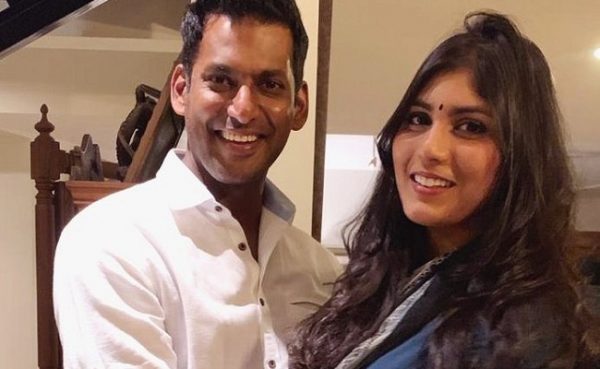Director: Rakeysh Omprakash Mehra
Cast: Om Kanojiya, Anjali Patil
Thirteen years ago, Rakeysh Omprakash Mehra made a film in which a bunch of reawakened or disillusioned – take your pick – youths pick up arms to rebel against the system and government’s corruption when peaceful protests fail. They are shown casually trotting into a heavily secured, familiar looking New Delhi street early hours of a morning and putting bullets into a central minister’s chest. Rang De Basanti defined a tiny epoch for people of a certain age, a statement making film even if it was a simplistic albeit well-imagined, incredibly well-made film.
Years and age seem to have mellowed down Mehra whose films have lost that spark even if the latest one, Mere Pyare Prem Minister, has a scene where another familiar looking New Delhi landmark appears with the film’s protagonists outside the gates, demanding to see the Prime Minister. The protagonist here is Kanhaiya aka Kanhu (a very expressive Om Kanojiya), eight years old, not armed with a gun like the rebels of Rang De Basanti but holding a letter handwritten on a ruled page to be delivered personally to the Prime Minister. Mehra has lost the originality, he falls back on using songs from his older, better films to go with the moods of this one but as unambitious as it is, Mere Pyare Prime Minister is an inoffensive, in some parts, moving watch.
Kanhu and his friends are outside the gates on Race Course Road because the municipality office in Mumbai didn’t take them seriously when they went in to ask for construction of toilets in their slums. Mehra’s film begins with a shot of women sitting in the dark, gossiping and narrating each other’s tales of strife and life while trying to ignore the real purpose they are there for – defecating. But they cannot ignore for long, a policeman flashes a light and they mutter to themselves that even this act of theirs is stripped off peace.
Sargam (Anjali Patil) is Kanhu’s mother and part of the group, and Kanhu’s world is shattered when, during this regular pre-dawn trip, she is raped. Mehra uses a lengthy long-take Holi song to build up to this, he weaves in a lover for Sargam – Niteesh Wadhwa as Pappu – and films the loving pair in close quarters, moving away and into each other, high on bhaang. It builds tension even if we are already aware of what’s coming. But where it goes from here is the real surprise in Mere Pyare Prime Minister.
This is the regular first act in a film where rape is a major plot point but what usually follows is the bloodletting revenge saga. Mehra’s film makes Kanhu think about the solution, the circumstances Sargam was put in, lack of a bare necessity becoming a privacy and safety issue. The film doesn’t want to do anything with the crime or the perpetrators, it would rather focus on a fairy tale of Kanhu petitioning for a toilet in his neighbourhood and making it safer. It gives the film a positive push, Sargam begins to work again, has an understanding lover and looks towards a future. But it also makes the film predictable and uninteresting to sit through.
The setting and focus of Mere Pyare Prime Minister reminds one of Manikandan’s Kaaka Muttai though the filmmaking and writing is nowhere close to the freshness of the latter. Mehra is still not beyond letting an idol of Hanuman shed a teardrop thanks to the rain. The brotherhood between the kids and the familial vibe of the people in the neighbourhood lends an authenticity but commentary is not Mehra’s strong point. There is even a white saviour asking the kids to distribute condoms to adults and paying them for the services. It wants to talk about privacy, land rights, the problem of open defecation, but none of the issues is engaged with in any meaningful manner. We’ve already had couple of films on open defecation including one from Akshay Kumar pandering to the ruling government.
Recommended
Thankfully, Mere Pyare Prime Minister doesn’t betray its leanings, it is simply well-intentioned. It doesn’t demonize the class of society it depicts; it gives them both dignity and aspirations, and also includes the trope of the character trying to reason with god only to reject the very idea. In this climate, Mehra’s film is better for what it chooses not to do rather than what it chooses to do. It takes a predictable route in needless dramatic fashion, making a 100-odd minute film laborious.
*****
The Mere Pyare Prime Minister review is a Silverscreen original article. It was not paid for or commissioned by anyone associated with the movie. Silverscreen.in and its writers do not have any commercial relationship with movies that are reviewed on the site.



